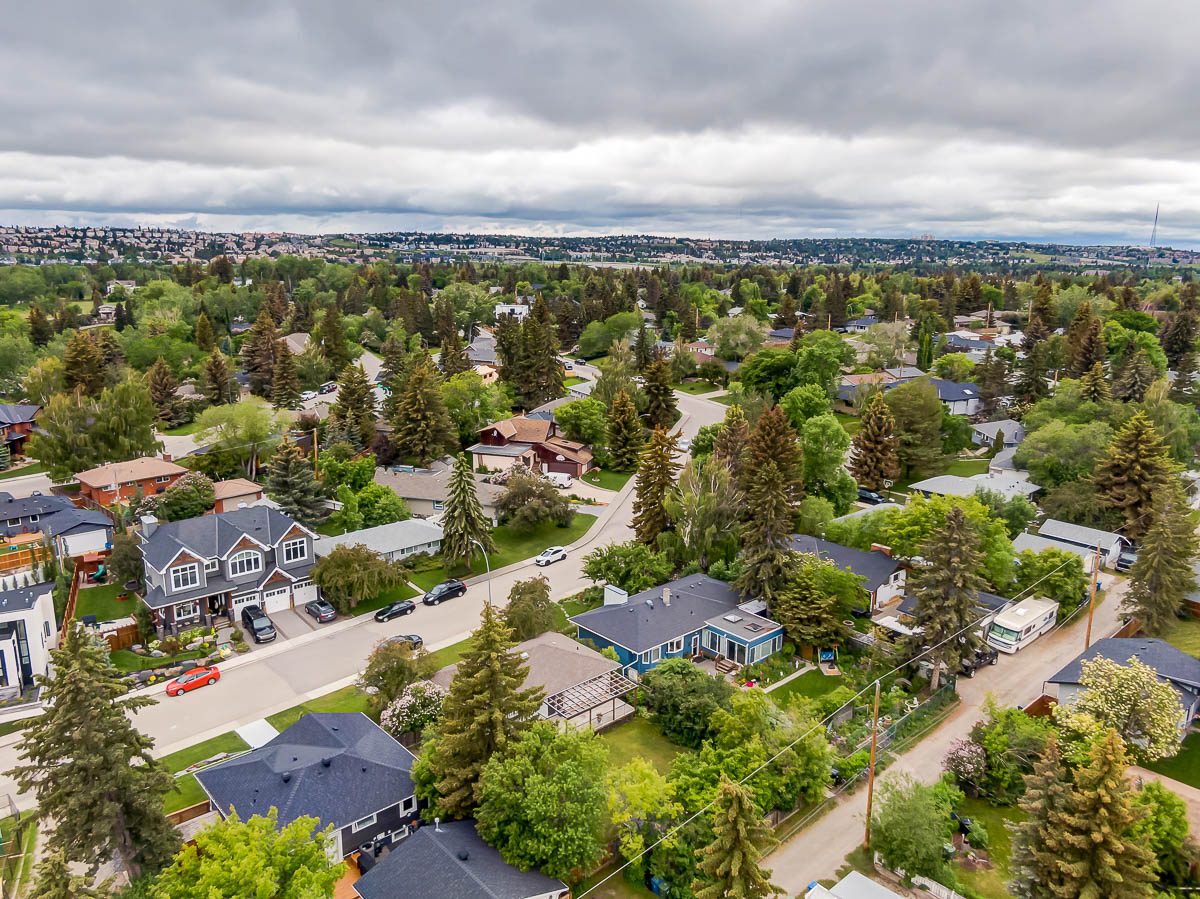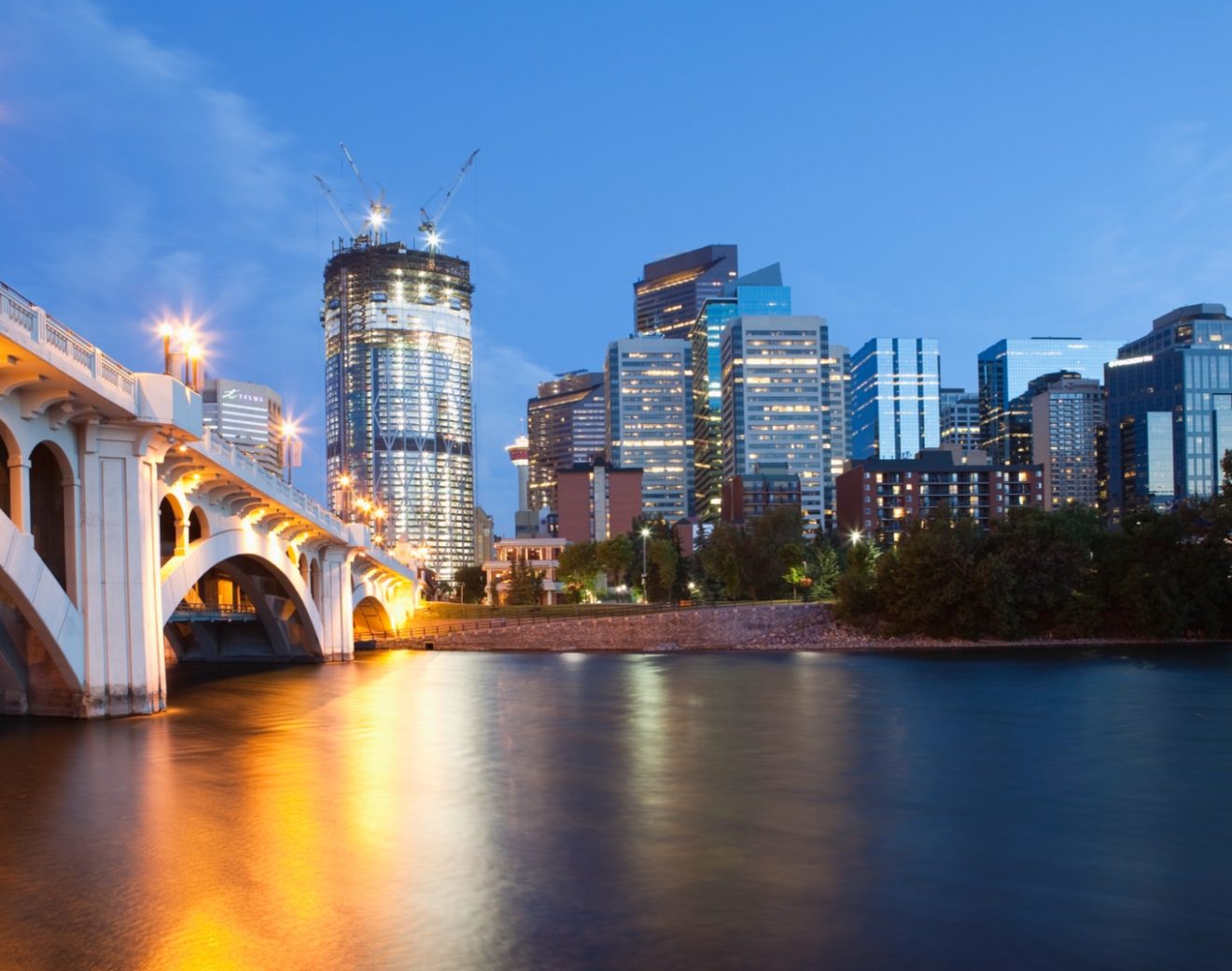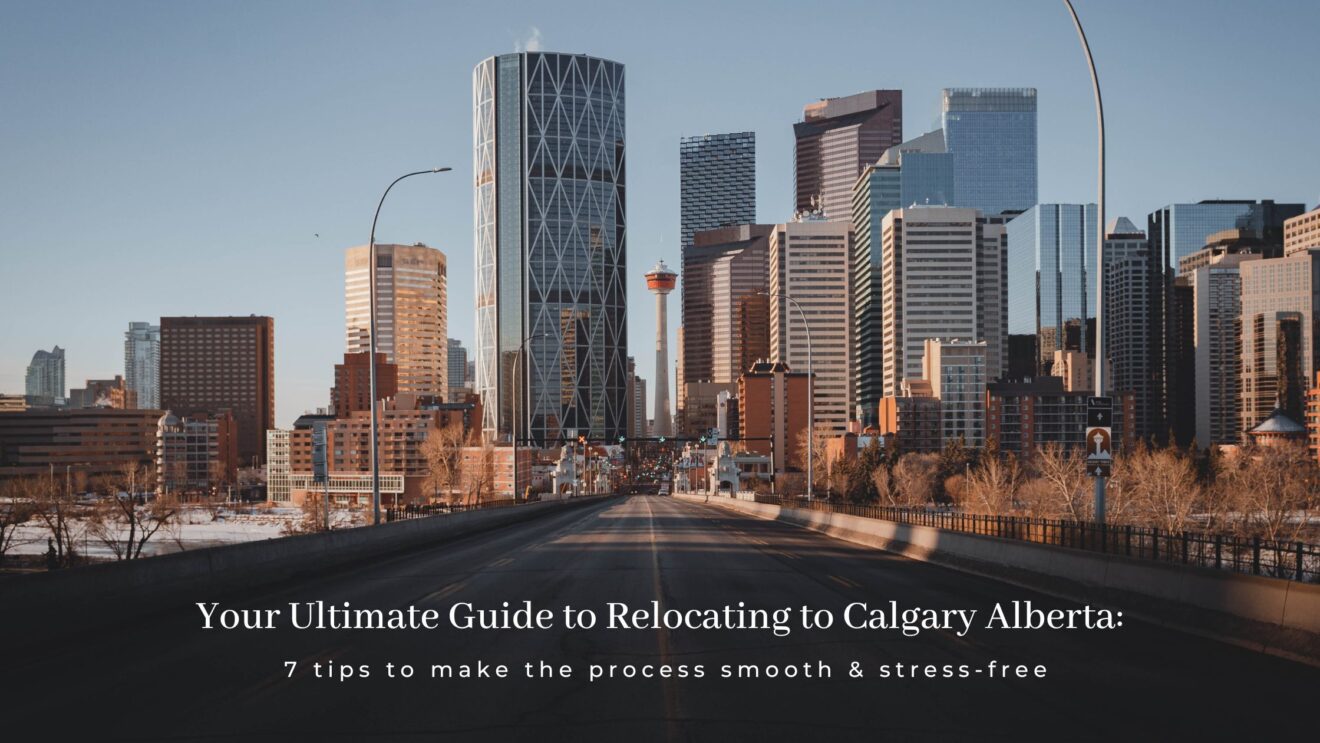Relocating to a new city can be an exciting and life-changing experience, but it can also be stressful and overwhelming. Calgary Alberta is a vibrant and dynamic city that offers a unique blend of urban amenities and natural beauty, making it a popular destination for people looking to make a fresh start. If you’re preparing to relocate to Calgary Alberta, this guide is your ultimate resource for a seamless and successful transition.
In this blog, we’ll provide you with 7 essential tips to help you research the city, secure housing, plan for transportation, familiarize yourself with the cost of living, prepare for winter, and meet friends. We will provide you with the information you need to make relocating to Calgary, Alberta a success.

1. Research the city and its neighbourhoods:
When relocating to Calgary, this information can help you make informed decisions about where to live based on your lifestyle, budget, and other important factors.
Researching the city and its neighbourhoods before moving to Calgary is an important step in the relocation process. It allows you to get a better understanding of the area, its different neighbourhoods, and it’s pros and cons.
An experienced relocation realtor can help you find the perfect neighbourhood for your needs and ideal lifestyle. They can provide you with information on the local housing market, current trends, and other resources to help you make the best decision. Ultimately, working with a realtor can help make your move to Calgary a smooth and successful transition.
2. Secure housing:
Start your housing search early and consider factors such as commute time, proximity to amenities, and budget.
Securing housing is a key aspect of establishing a comfortable and stable life in a new city. The cost of housing is a major consideration when budgeting for a move. When relocating to Calgary, securing housing in advance will ensure you have a stable and affordable living situation in place before arriving.
Additionally, finding the right housing in Calgary can be a complex process. There are many factors to consider when looking for a home including commute time, proximity to amenities, and budget. Starting the process of finding a home early will make the process less stressful. Get in touch with an experienced realtor as early as you can to ease the transition. They can help you navigate the local housing market and provide valuable advice and support throughout the process.

3. Plan for transportation:
Consider how you will get around the city and what mode of transportation is best for you.
Planning for transportation is an important step for someone preparing to move to Calgary, Alberta. Having a reliable mode of transportation is essential for accessing work, school, shopping, and other daily activities. If you plan to drive, you’ll need to take into account the cost of gas, insurance, maintenance, and parking. Ensure you know your parking options at the property you secure as well as your workplace.
Calgary also has great public transit including busses, a C-train, and ride-sharing options. If you’re relying on public transportation, it’s important to consider the location of the nearest transit stop or station. Ensure there are viable transportation options around both your homes of interest. You may also want to look into the frequency and reliability of the service. Calgary’s transit runs frequently throughout the day but stops in the late evening. Keep in mind that during peak hours (6:30am – 9:00am and 3:00pm – 6:00pm) trains get more crowded.
If you prefer to get in activity, you’ll love Calgary’s extensive urban pathway. Calgary has the most extensive pathway and bikeway network in North America! This allows residents to seamlessly travel through the city by foot or bike.
Before Relocating to Calgary, Download the extensive public transit map below
4. Familiarize yourself with the cost of living:
Understanding the cost of living can help you determine your expected costs after relocating to Calgary. Find out how much you need to earn, what you can afford to spend on housing and other essentials, and how much you’ll have left over for discretionary spending.
The cost of living in Calgary varies depending on factors such as housing, transportation, food, and entertainment. Housing is typically one of the largest expenses in any budget. The cost of rent or a mortgage payment varies on the location and type of property you choose. Similarly, transportation costs can vary depending on the mode of transportation you choose.
Take a look at these resources to get an idea on the cost of living in Calgary:
An experienced relocation realtor can also be a valuable resource in understanding the cost of living in Calgary. They can work with you to determine the cost of your personal circumstances. They can also help you understand the costs associated with different types of housing including the seasonal home maintenance needed.
5. Plan for winter:
Calgary can have a harsh winter climate, so make sure to prepare for your relocation with proper clothing, transportation, and housing.
Calgary is known for its cold and snowy winters, which can last from October to April. So, it’s essential to prepare for it with proper clothing and transportation plans.
Invest in warm and weather-resistant clothing, such as heavy jackets, gloves, hats, and boots. You’ll also need to ensure that your vehicle is equipped to handle the harsh winter conditions. This includes good winter tires, a working heating system, and a snow brush and shovel.
Transportation planning is critical for ensuring that you can get around safely and efficiently during the winter months. Snow and ice can disrupt public transportation service and lengthen commute time for both personal and public transit. It’s important to check the schedules and routes in advance when travelling during the winter in Calgary. If you plan to drive, you’ll want to make sure that your vehicle is equipped to handle the winter weather.
For those new to driving in winter weather, you can enroll in a Winter Driving Course.

6. Get involved in the community:
Moving to Calgary can feel scary when you don’t know anyone. Meet new people by joining clubs and by exploring the city’s cultural and recreational offerings.
Meeting new people is a great way to start building a network of friends and contacts in your new city. You can attend local events and festivals, join clubs and groups that align with your interests, or volunteer for organizations that are important to you. You can also attend classes or workshops, which can be a great way to meet new people and learn new skills at the same time.
Exploring the city’s cultural and recreational offerings is another way to get involved in the community. You can visit museums and galleries, attend concerts and performances, and take part in outdoor activities such as hiking, biking, and skiing. You can also visit local parks, gardens, and attractions, which can be a great way to learn more about the city and its history.
Start planning your community experience:
- Telus Spark Events
- Calgary Public Library Events
- Explore Clagary’s Urban Provincial Park – Fish Creek Park
- Visit the Calgary Chinese Cultural Centre
Finally, joining clubs and groups is another way to get involved in the community. You can join a sports club, a hobby group, or a volunteer organization, which can be a great way to meet new people, learn new skills, and make a positive impact on the community. Check out your local community association website for local programs you can join, your local recreation centre for classes, or visit Calgary’s Tourism website to see popular upcoming events around the city.
7. Stay organized:
Relocating can be stressful, so make sure to stay organized and keep track of important documents and items.
Create a moving checklist including a timeline of key tasks and deadlines, such as arranging for utility connections, packing, and updating your mailing address. (If you’re working with us we will provide this information along with guidance through each step). We also recommend that you keep a folder of important documents, such as your lease agreement, insurance documents, and identification papers, so that you can access them easily if needed.
Finally, it’s important to take steps to stay organized during the moving process itself. This could include using colour-coded labels to keep track of boxes, packing essential items in a separate box so that you can access them easily once you arrive at your new home, and arranging for a reliable moving company to help you transport your belongings to your new home.
Ready to Relocate to Calgary?
Relocating to Calgary can be an exciting and transformative experience. By following the 7 key tips outlined in this guide, you’ll be well on your way to finding the perfect neighbourhood to call home. From researching the city and its neighbourhoods to working with a knowledgeable realtor, each step will bring you closer to realizing your dream of a new and improved lifestyle.
If you’re looking for an expert to guide you through the process, look no further! Our team of dedicated realtors at the Dolce Real Estate Group is here to help, so contact us today to get started.

The Ultimate Guide for Relocating to Calgary Alberta: 7 Key Tips
7 essential tips to help you research the city, secure housing, plan for transportation, familiarize yourself with the cost of living, prepare for winter, and meet friends. All the information you need to make relocating to Calgary, Alberta a success.
Read The Guide


